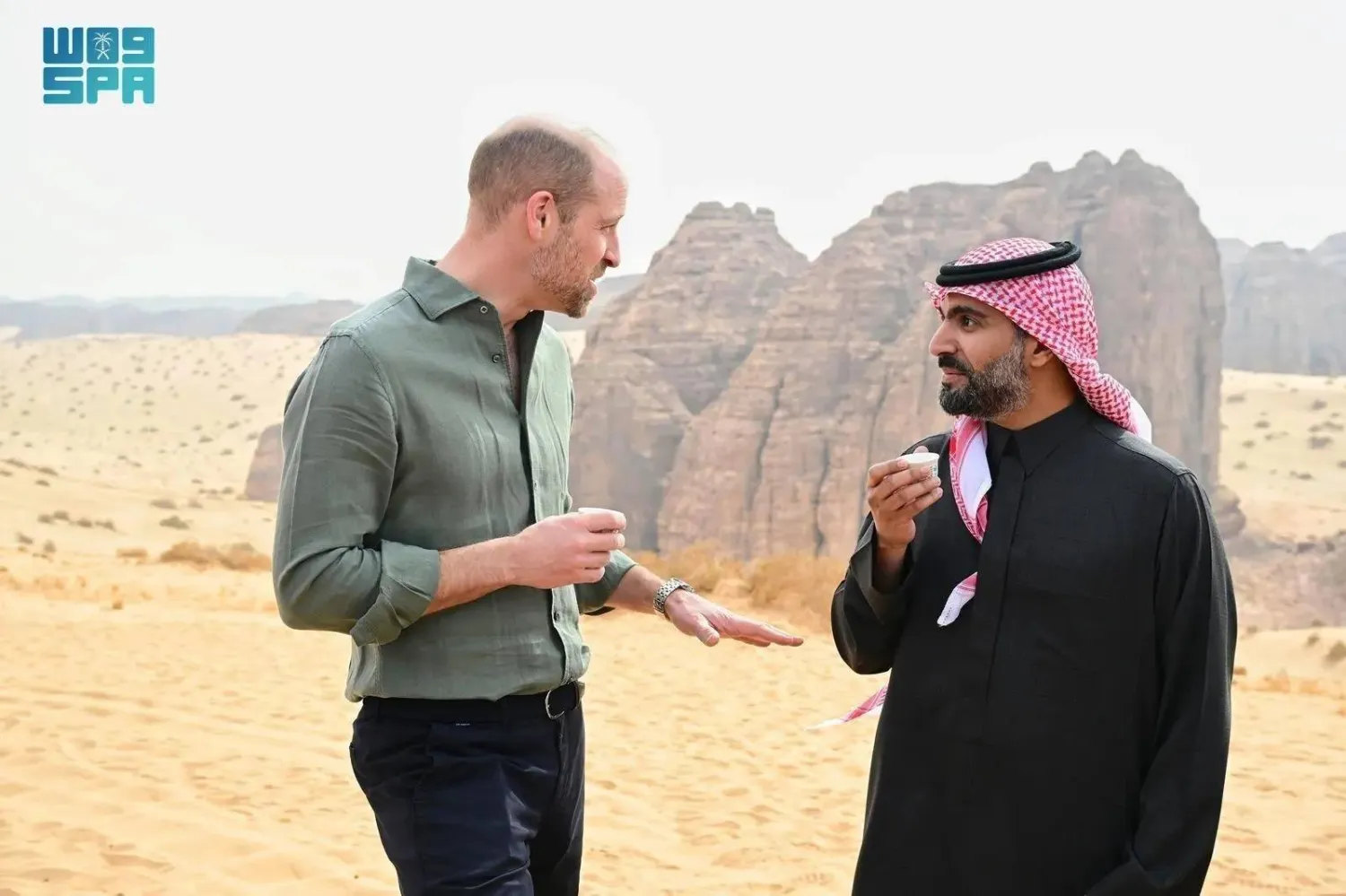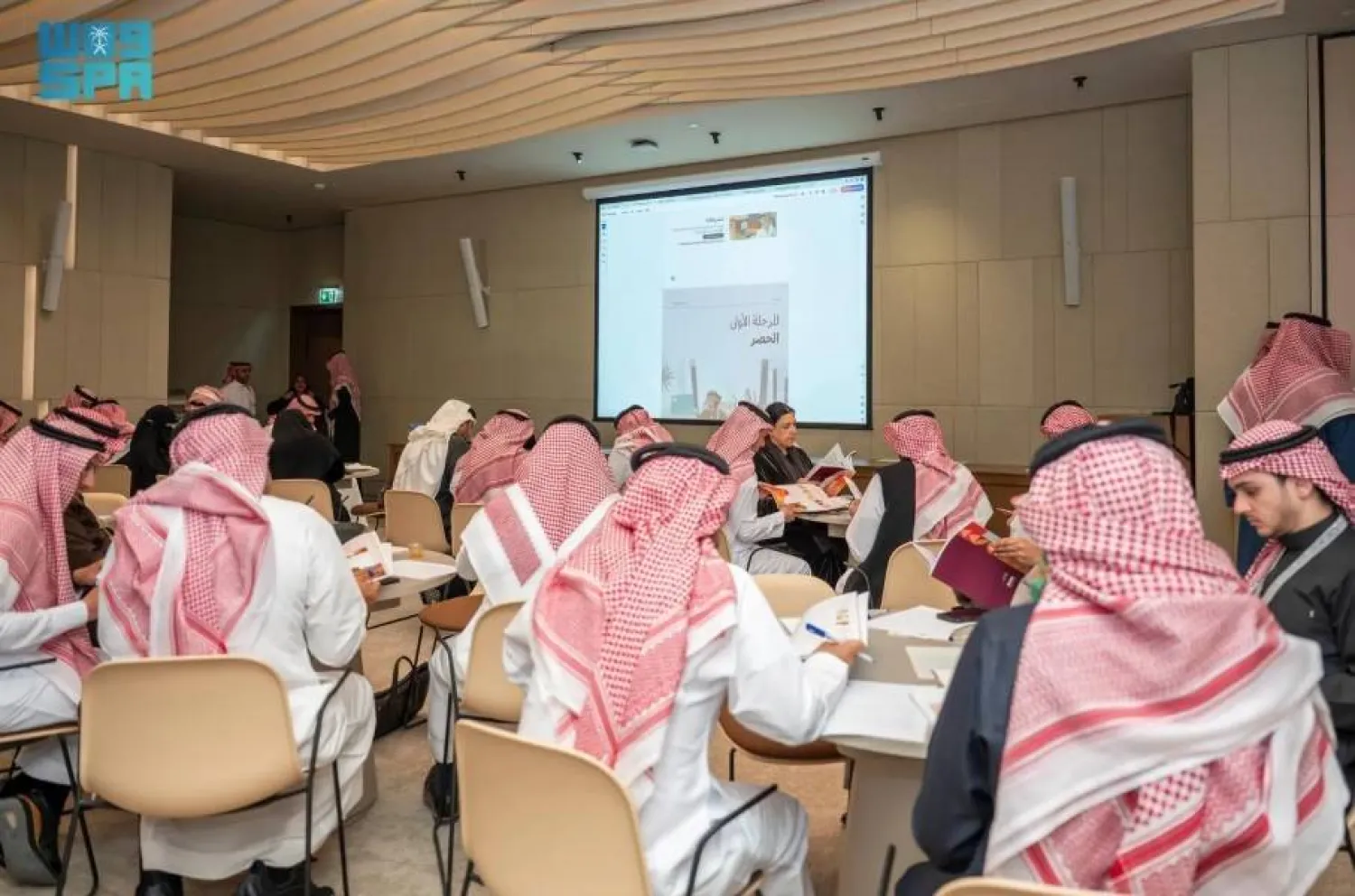Saudi Arabia’s King Faisal Center for Research and Islamic Studies (KFCRIS) inaugurated on Tuesday the UNESCO Chair in Translating Cultures with the support of the Literature, Publishing and Translation Commission (LPTC).
The program aims to encourage research and partnerships in translating cultures and cultural texts and building bridges between civilizations that create diverse cultural dialogues.
Speaking at the launching ceremony, LPTC CEO Dr. Mohammed Hasan Alwan said the inauguration of the UNESCO chair embodies a major aspect of the cultural aspirations of Saudi Vision 2030, and boosts international cooperation in the field of research and development
The UNESCO chair will generate scientific contributions in the field of cultural translation, and it will be a leading platform for exchanging experiences and knowledge between researchers worldwide, he stressed.
The UNESCO Chair in Translating Cultures meets the growing need for specialized research in the humanities and social sciences, comprehensive education, and cultural diversity and encourages partnerships that gather the experience of representatives of academic sectors to bolster scientific research.
It will provide scholarships, organize seminars and enrich current academic theses to develop the concept of Arab culture and cultural diversity.









